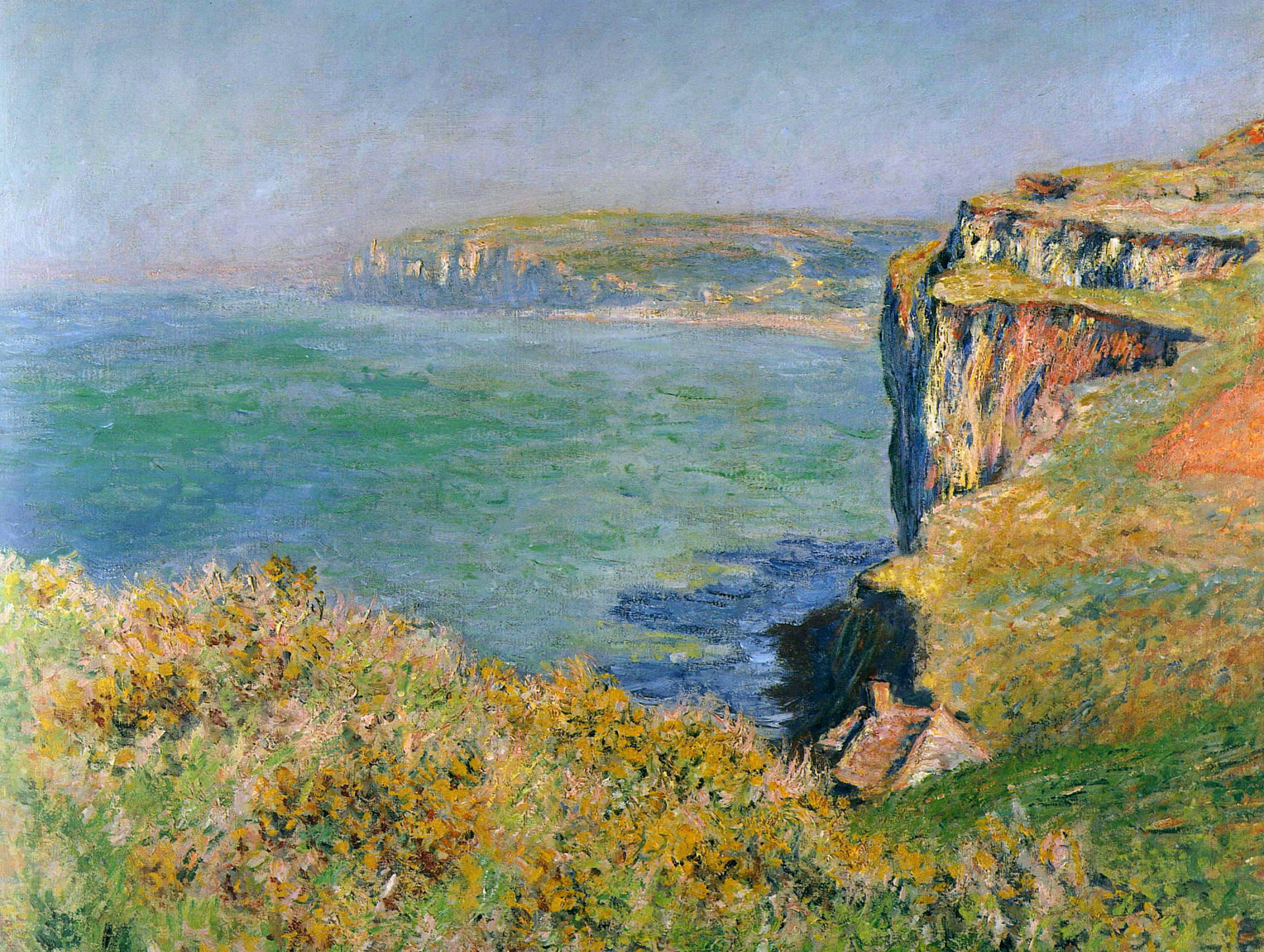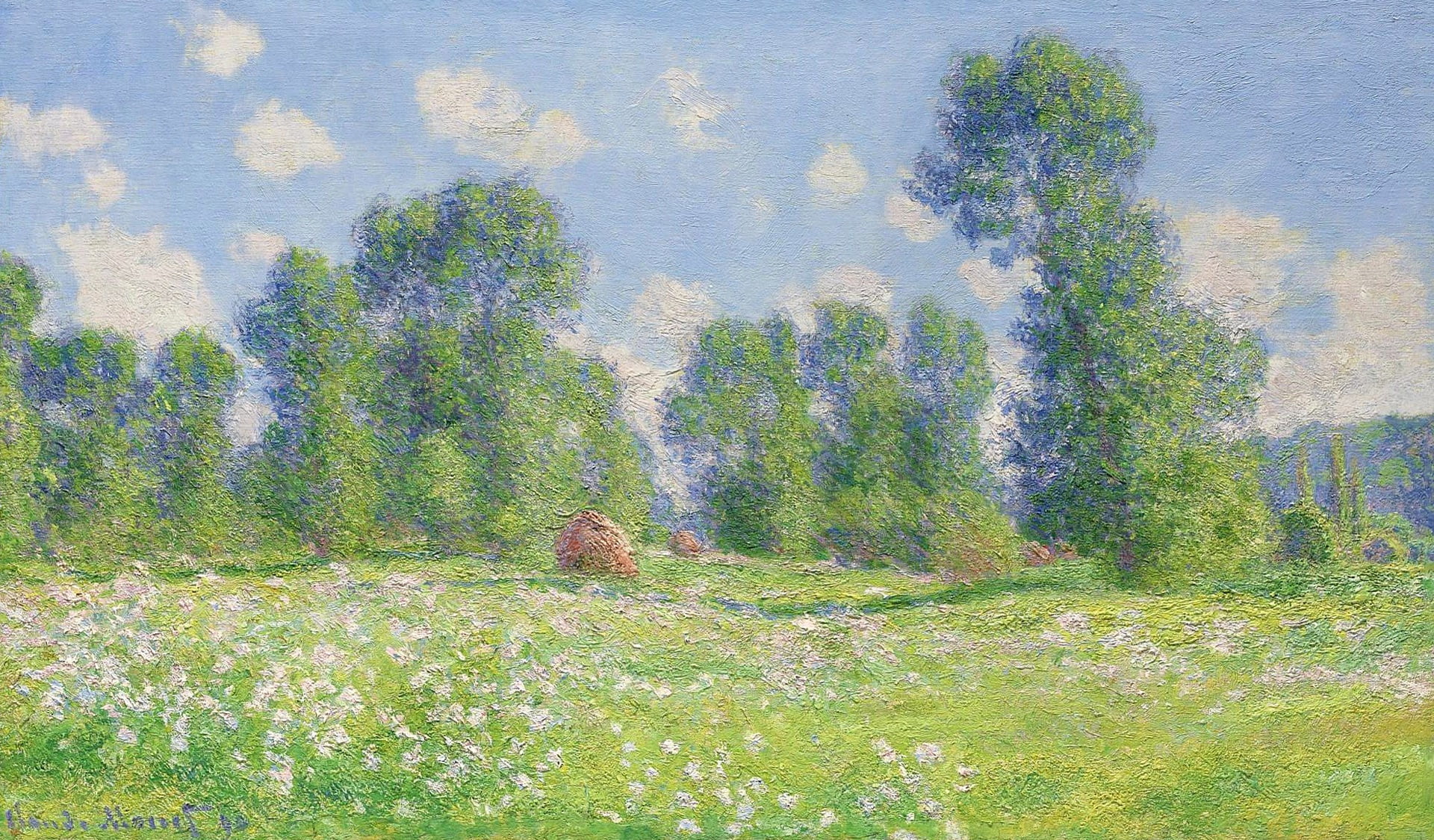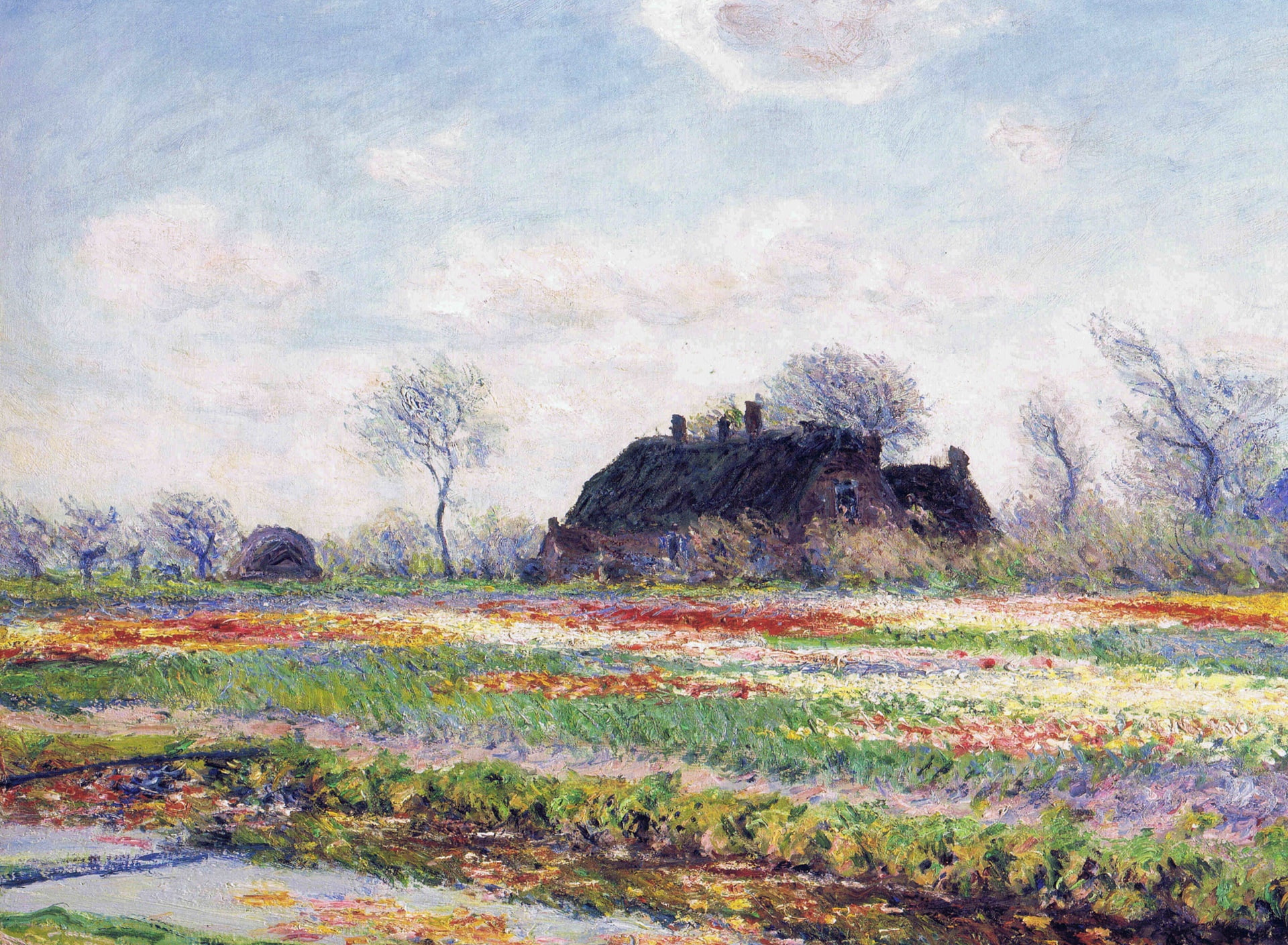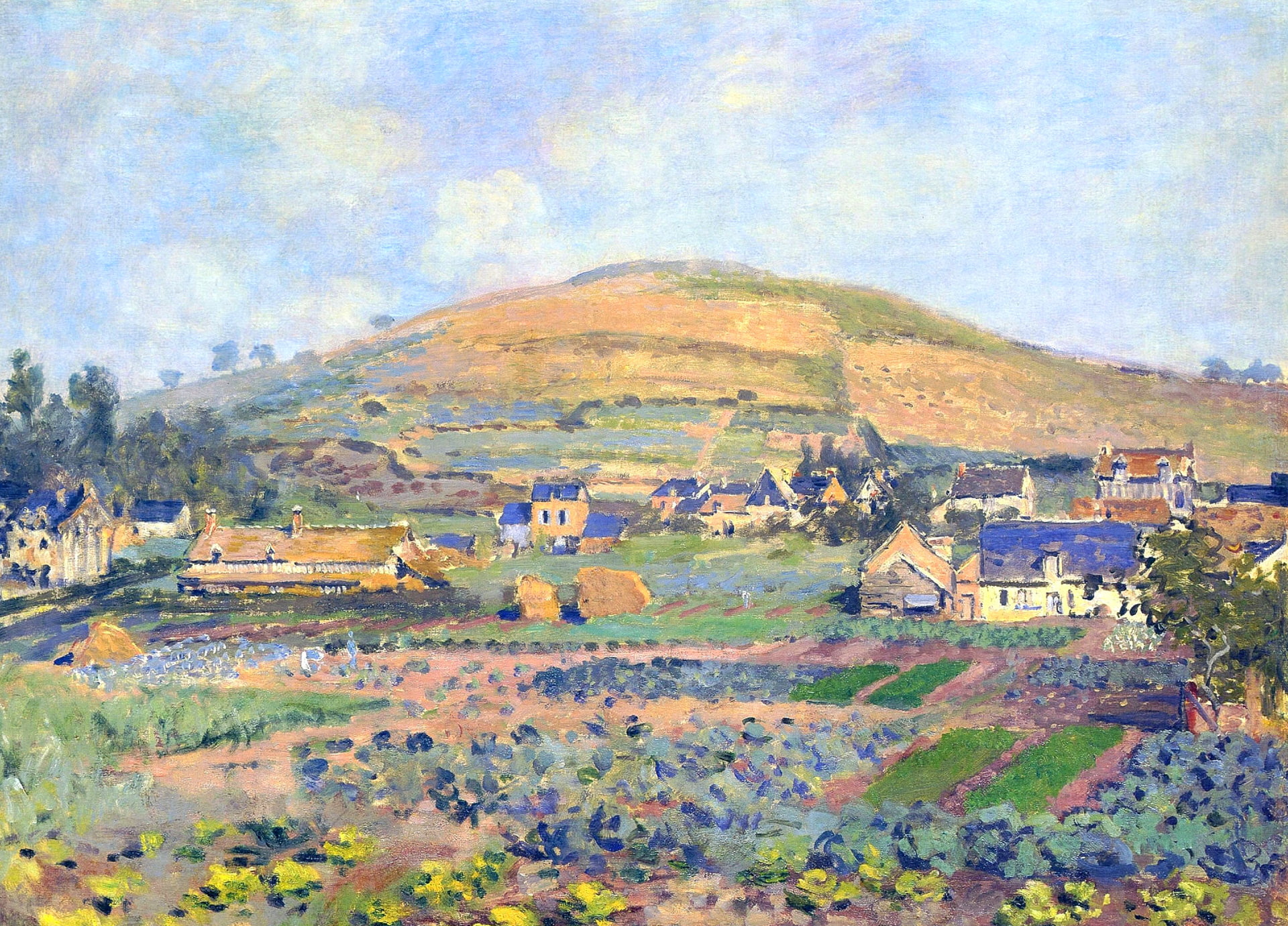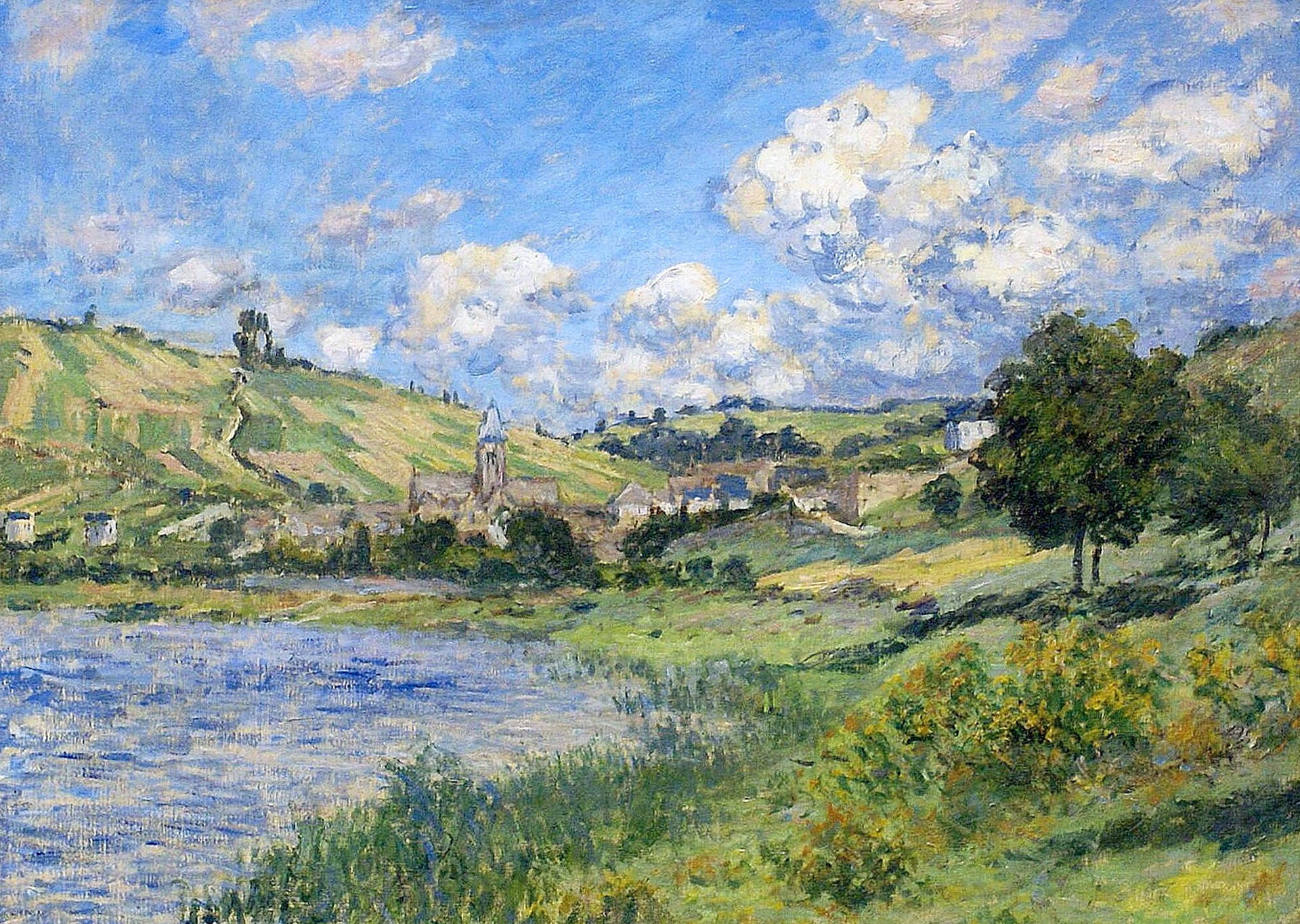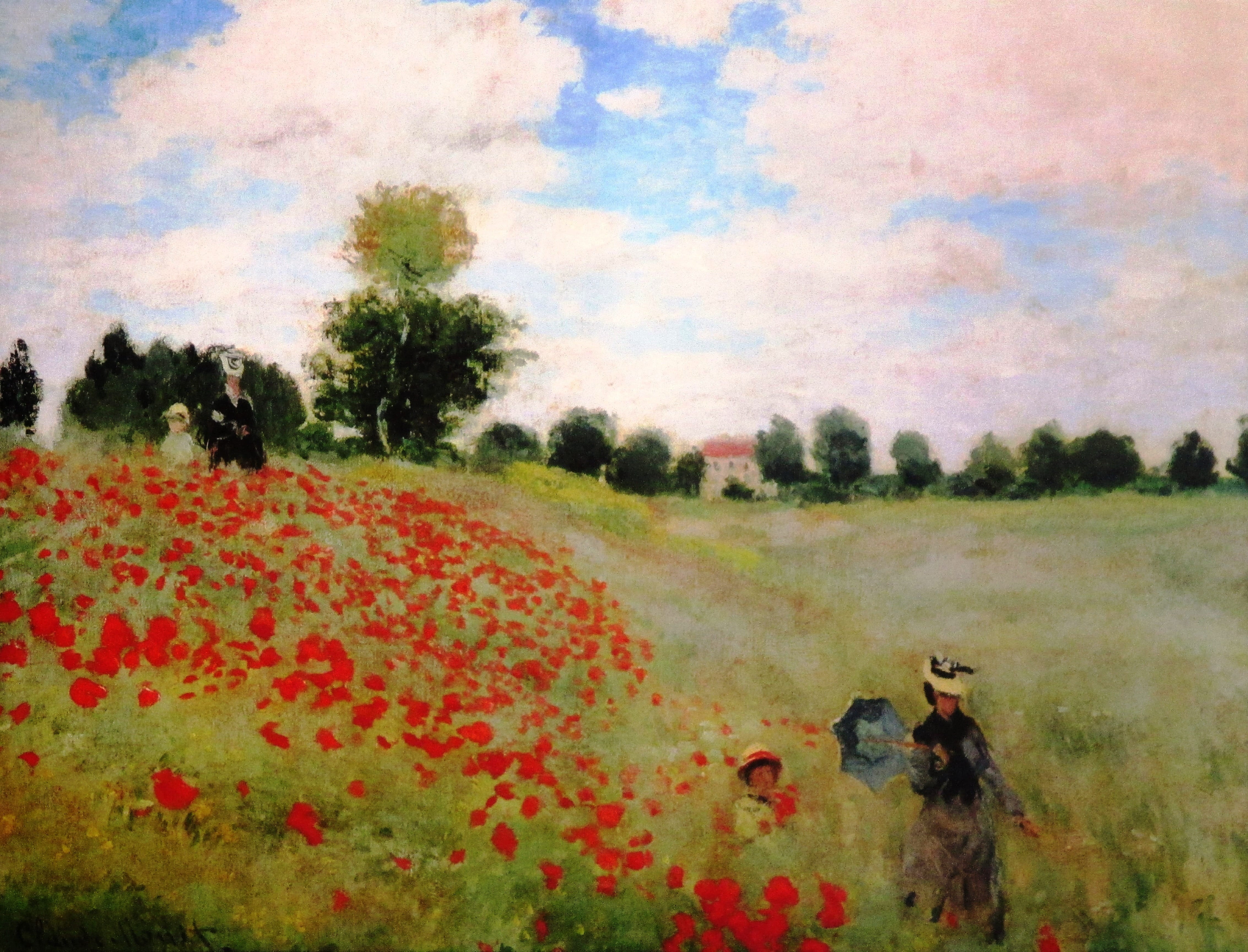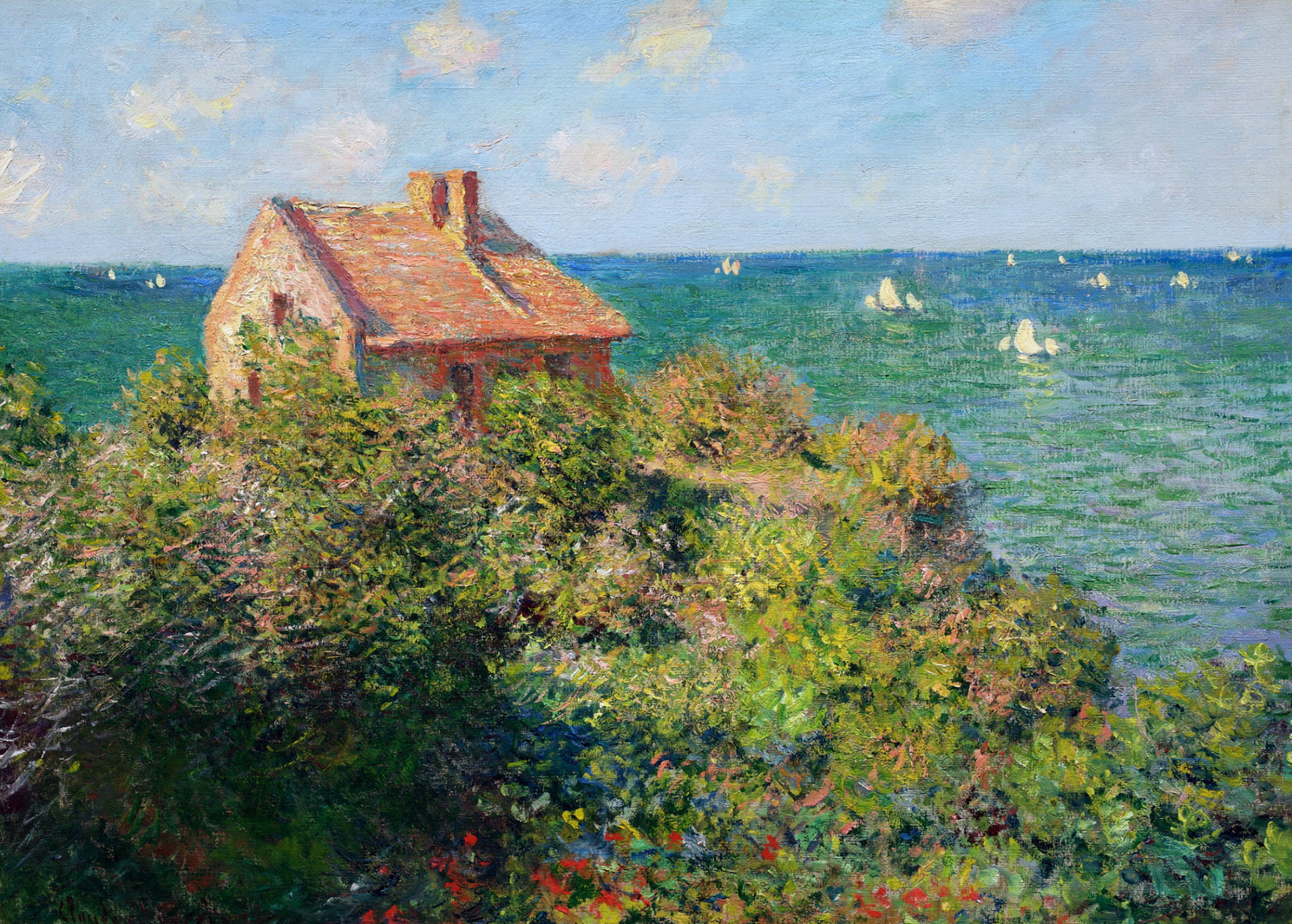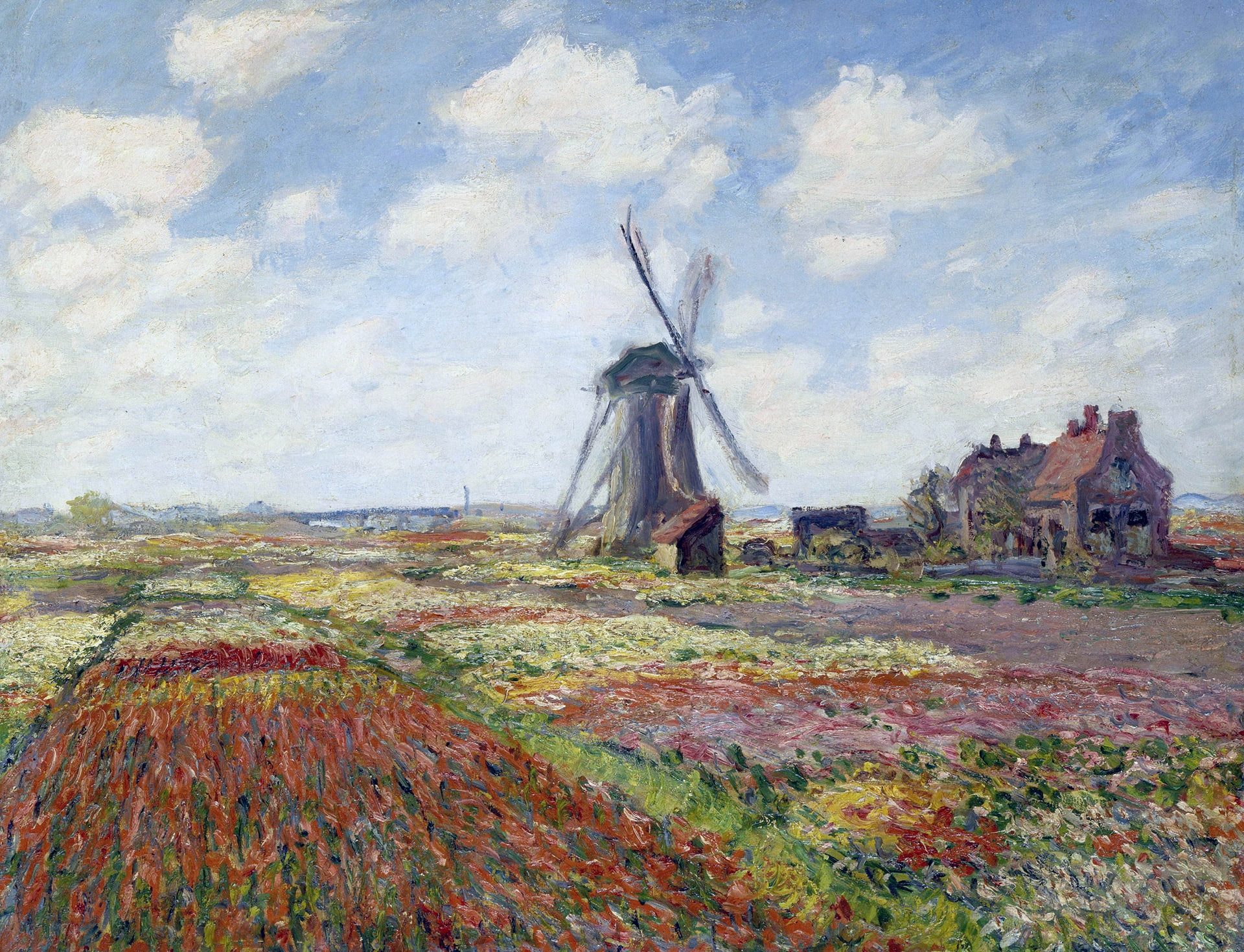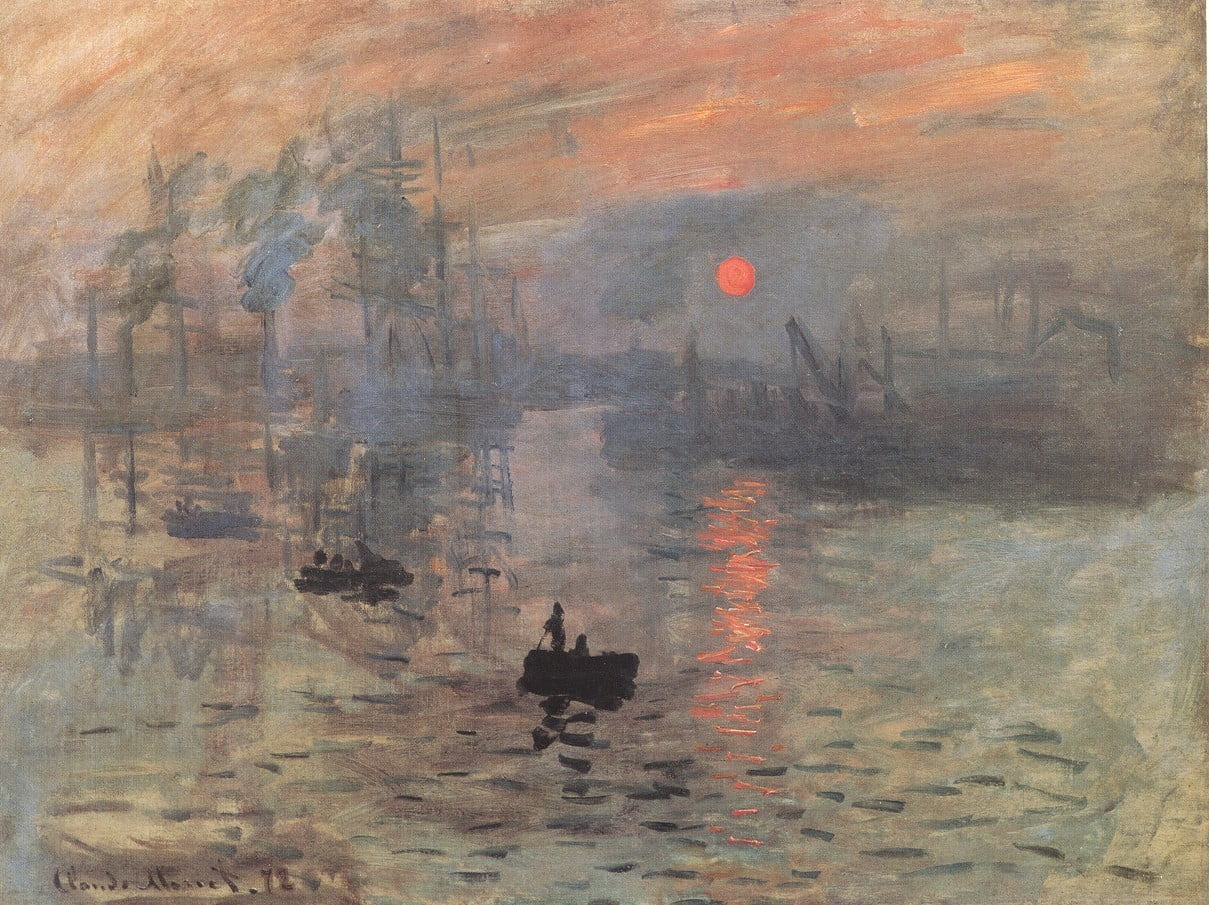e old tram line that cut diagonally across the city had been abandoned for years, its rails half-swallowed by grass and the occasional sapling, but
The old tram line that cut diagonally across the city had been abandoned for years, its rails half-swallowed by grass and the occasional sapling, but on certain evenings the light bent through the broken windows of nearby warehouses in such a way that the space felt conspiratorial, as if it were hiding a secret worth trespassing for. Teenagers skateboarded along the cracked concrete, their boards clacking like impatient typewriters, while an elderly man in a flat cap walked his terrier and hummed a tune whose origins seemed older than the paint flaking from the station sign. A florist had begun to use one platform as an overflow for unsold blooms—marigolds and ranunculus clustered in mismatched buckets, their colors bleeding into the gray like small, defiant flags—and pigeons treated the rails like a social calendar, shuffling and bickering in the late light. Behind the warehouses, an amateur astronomer had set up a battered telescope aimed at a patch of sky where suburban glow made star-gazing a test of stubbornness; yet on clear nights the comet someone had seen years ago still seemed to leave a rumor of itself, enough for lovers to promise the impossible. Once a week, a pop-up kitchen appeared beneath the viaduct: handmade dumplings steamed in bamboo baskets, a woman folding dough so quickly she was nearly a blur, a line of neighbors trading stories about lost dogs and sudden rainstorms as if the ritual of waiting unified them into a single, traveling conversation. Graffiti artists used the station walls like a slow-motion bulletin board, painting layers of color and protest over one another until the surface read like a palimpsest of the city's impulses—anger, humor, tenderness—each new coat both erasing and amplifying the last. A child on a bicycle chased a soap bubble that caught the light and exploded into a constellation of tiny wet rainbows, and for a second everything felt arranged, as if the city had been composed intentionally to teach people how to notice small mercies: the warmth of a shared scarf, the exact right temperature of coffee taken on the way to work, the precise angle at which sunlight makes dust look like gold. Night descended with the kind of speed that ambushes expectation; the tramline's scent changed from sun-baked metal to cool iron and ozone, and the conversations softened, becoming the low, contented kind that exists only when no one expects to be heard. Walking home, I realized the abandoned tracks were less a ruin than a rehearsal: a place where the city practiced being itself, messy and generous, stubbornly alive even in its frayed edges.

